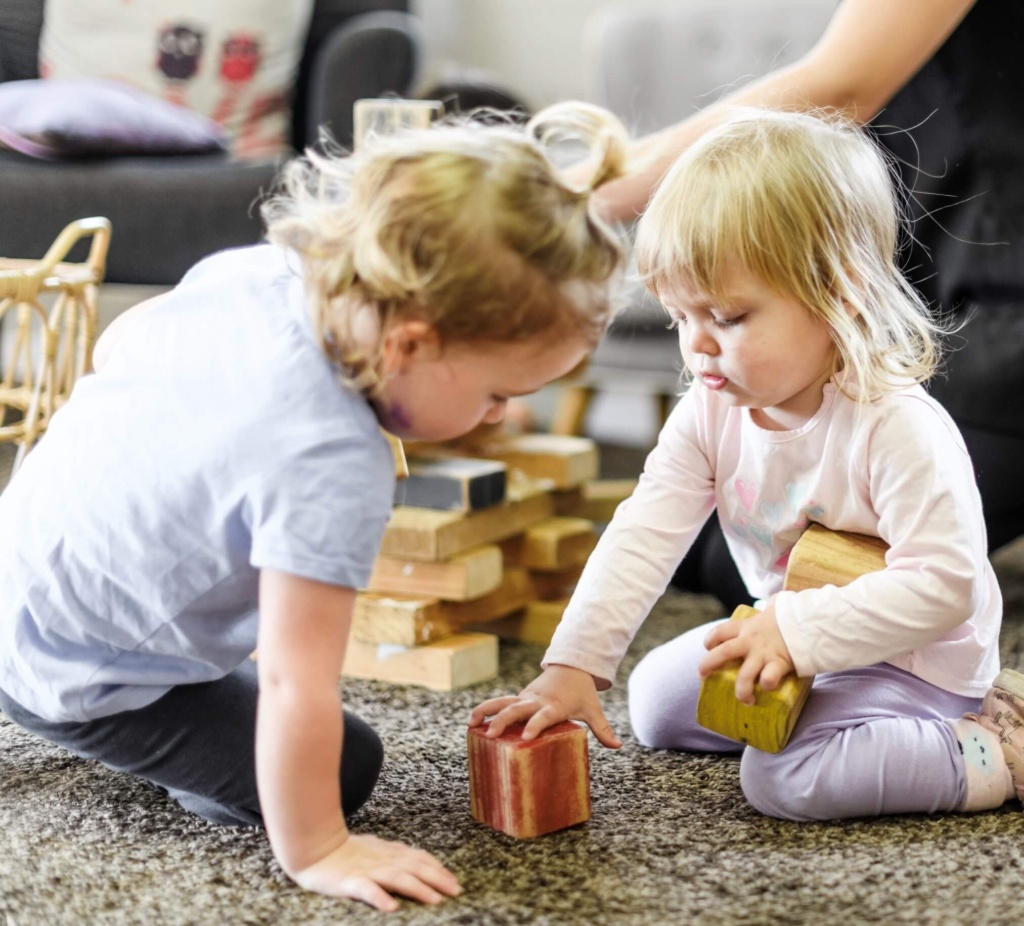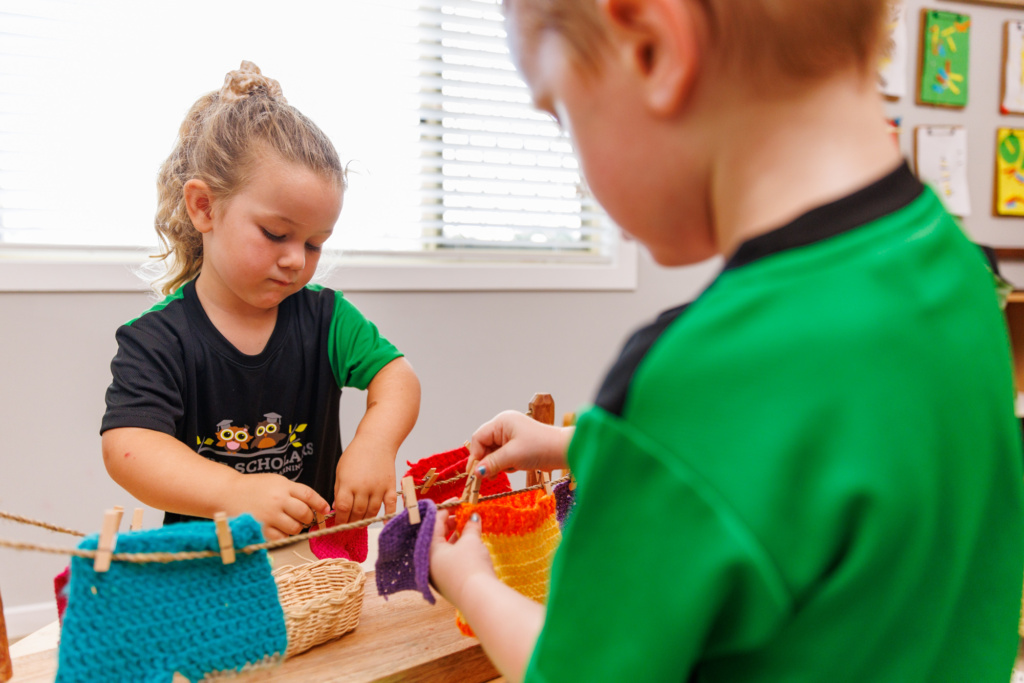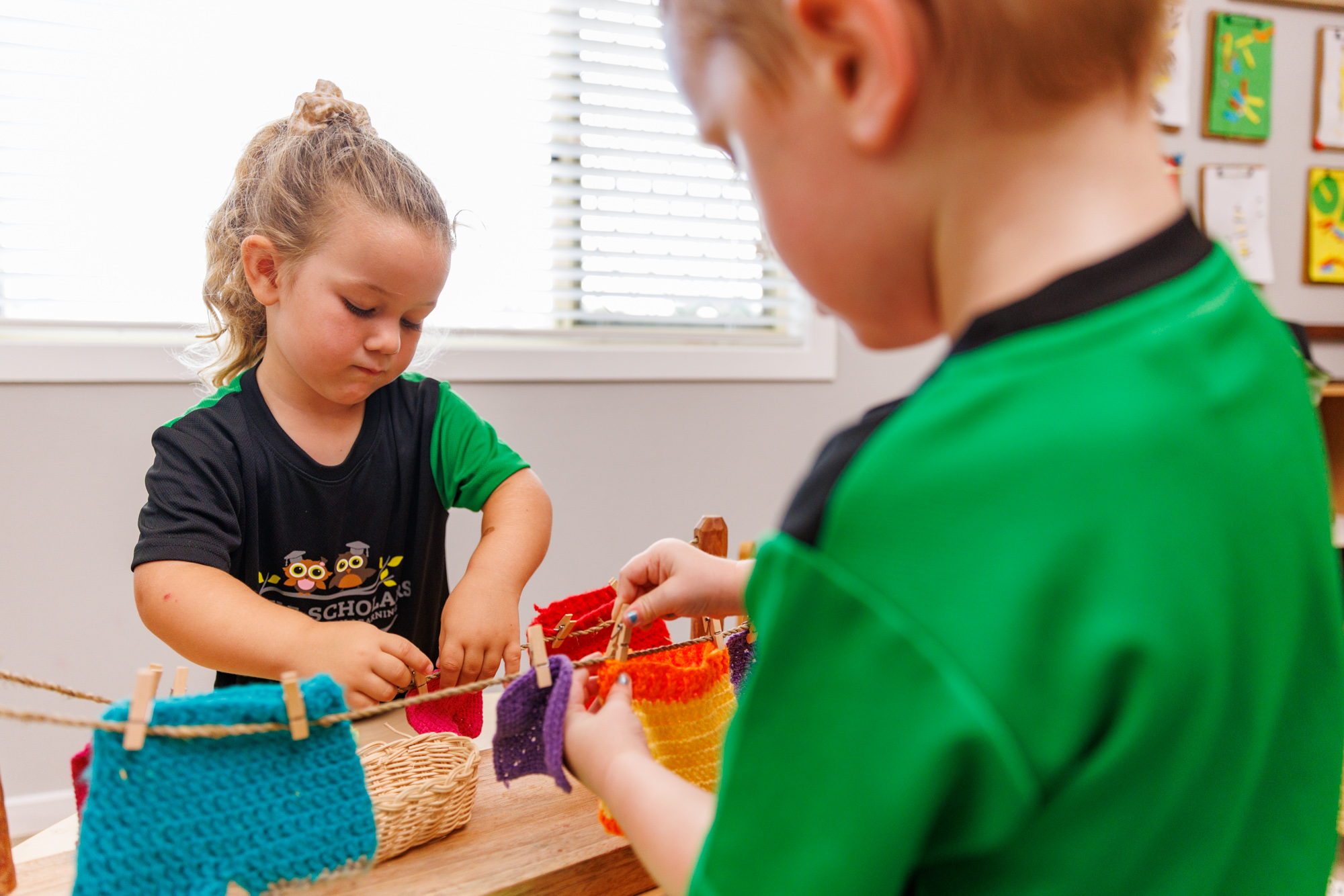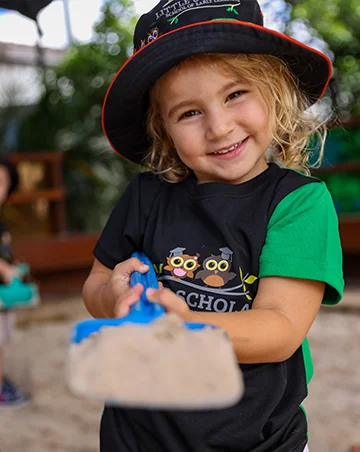From the moment your child is born, you are inundated with information on your child’s growth and whether or not they’re hitting their developmental milestones – the sets of functional skills or age-specific tasks that most children can do at a certain age range.
Comparison is often called the thief of joy, and you face it everywhere you look as a parent – from the other children in your mum’s groups, doctor’s visits, even what you’re searching online will show up again in your targeted ads and suggested content on social media – your child will be measured against others.
As if parents need more to be anxious about, or do they? We know every child is different, so it begs the question, do development milestones really matter?

CDC guidelines for developmental milestones
Recently in the US, Centers for Disease Prevention and Control (CDC) and American Academy of Pediatrics (AAP) updated the guidelines for child developmental milestones for the first time since 2004, aimed to better reflect the data of when children reach milestones such as crawling, walking, speech, and more, as well as some of the early indicators of autism. The changes were met with mixed reviews from parents and child experts, bringing a lot of conversation about children’s development to the forefront.
ACECQA developmental milestones
In Australia, our early childhood developmental milestones come from The Australian Children’s Education & Care Quality Authority (ACECQA)
According to the ACECQA, development milestones are important for your child’s:
- Physical health
- Social skills
- Physical health
- Social skills
- Emotional health
- Cognitive capability
- Language skills.
So, according to experts, development milestones do matter, but with a range of abilities across each age group, when should parents take it seriously, and when can they worry less about what their child is and isn’t doing?
Children will meet these needs in their own time and are on their own journey. I always remember hearing how children meeting their development domains, can be represented like ‘popcorn kernels, when placed in hot oil, they will pop at different intervals,’ this can be seen how a child will shine and develop at different stages. – Susan Cooper, pedagogical leader, Little Scholars.
“While it is important to monitor children’s development and assess against the developmental milestones, we must be mindful not to place children in a box and begin the process of a check box system. Early childhood professionals place such value in assessing children’s growth and development and through assessment, in partnership with families, early intervention can be met for their child, should it be deemed necessary,” says Susan Cooper, pedagogical leader for Little Scholars.
Developmental milestones, the EYLF and National Quality Standards

According to Skye, assistant campus manager at Little Scholars Pacific Pines, developmental milestones helps educators develop their educational programs.
“Milestones are important to monitor and keep track of as they can help us as educators and also families understand why a child may be exhibiting certain behaviours,” Skye said. “They also help gage what children’s interests, strengths and barriers are. Understanding and knowing age-appropriate milestones will help educators provide a program for each child’s individual needs.”
Your child’s weekly program evaluation and reflection informs parents of the significance of the learning experiences that have taken place over the course of the week, how those experiences tie into the Early Years Learning Framework, and include observations regarding your child’s development.
“We educate the families about the importance of milestones and when to be concerned for ‘red flags.’ I think it’s incredibly important that us lead educators are having frequent conversations about their children’s development, where they’re excelling and where they need further support,” says Holly, a lead educator in a Senior Kindy studio at our Stapylton campus.
“I have educated my families, especially during times like in my parent teachers about the importance of children meeting emotional development milestones. We also have a few Prep teachers who are parents at our campus, who have reiterated to us how critical it is for when children that go to Prep that they are able to confidently self-regulate their emotions and when to seek help, such as asking a peer for help, attempting to solve a problem themselves before asking a teacher – those kind of strategies.”
Is there a time to be concerned for your child's development?
We’re here to ensure children learn and grow to the very best of their ability. Sometimes a child doesn’t meet his or her developmental milestone, and it might warrant a chat with our families about our observations. The conversation may begin by us asking the parents how they feel about their child’s development, and if they have any concerns. We’ll share what we’ve observed, and share examples of our observations – either written, photo or video. Families may become emotional throughout the discussion, and we understand how hard a conversation like this can be to digest. Please know we’ll always give time and space for our families, and we’ll support your next steps and help in any way we can.
“We do need to be guided by the developmental domains, as most children with developmental delays are not identified early enough to benefit from early intervention and they then enter their formal schooling at a disadvantage, which can set them back,” says Susan. “When we consider how much time children spend in our care and our qualified educators ability to track development through observational learning records, for parents, we are their trusted source.”
How to help your child reach the developmental milestones
All of this might make you wonder if you can help aid your child’s development? The answer is a resounding yes!
- For babies – by reading stories to them, singing songs to them, talking about what you see with them, playing with and exploring objects, playing copying games, listening to songs about numeracy and patterns
- For toddlers – adults reading books to them, singing songs to them, listening to stories, playing learning games like Eye Spy, Guess Who, Hide and Seek, helping with shopping, counting, helping sort household items,
- For children – reading books, writing stories, having support for their research topic of interest, playing number games, playing memory games, inventing games
For anxious parents who feel like worrying about whether their child is hitting their developmental milestones, Susan says while we need to be guided by developmental domains, there’s a range within those milestones.
“More often than not, families place high expectation on their children and make comparisons with others. We need to understand that children will meet these needs in their own time and are on their own journey,” Susan explains. “I always remember hearing how children meeting their development domains, can be represented like ‘popcorn kernels, when placed in hot oil, they will pop at different intervals,’ this can be seen how a child will shine and develop at different stages against another child, when the environment is supportive to learning and growing.”



